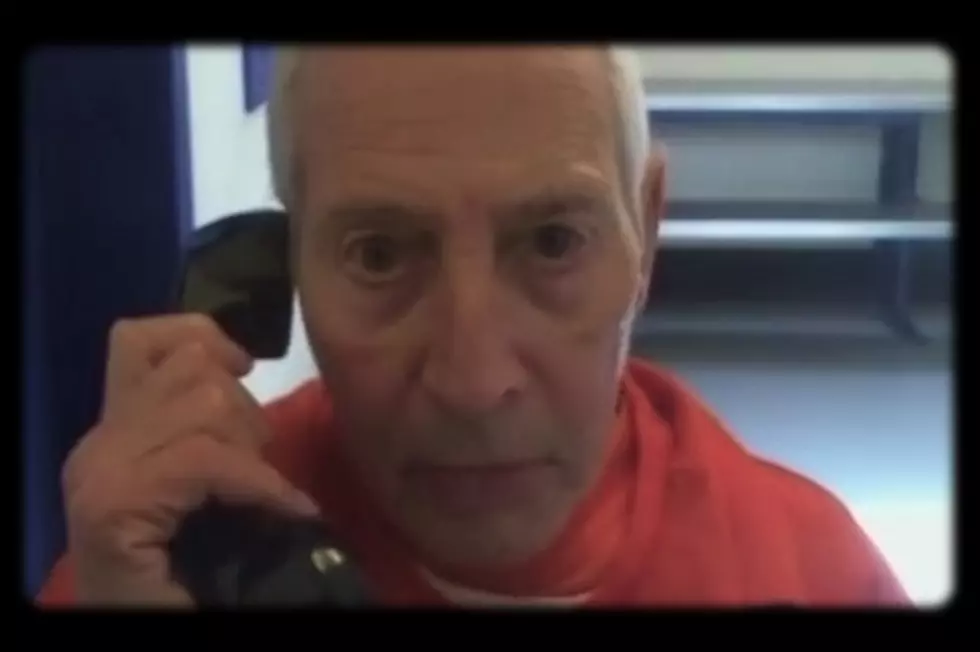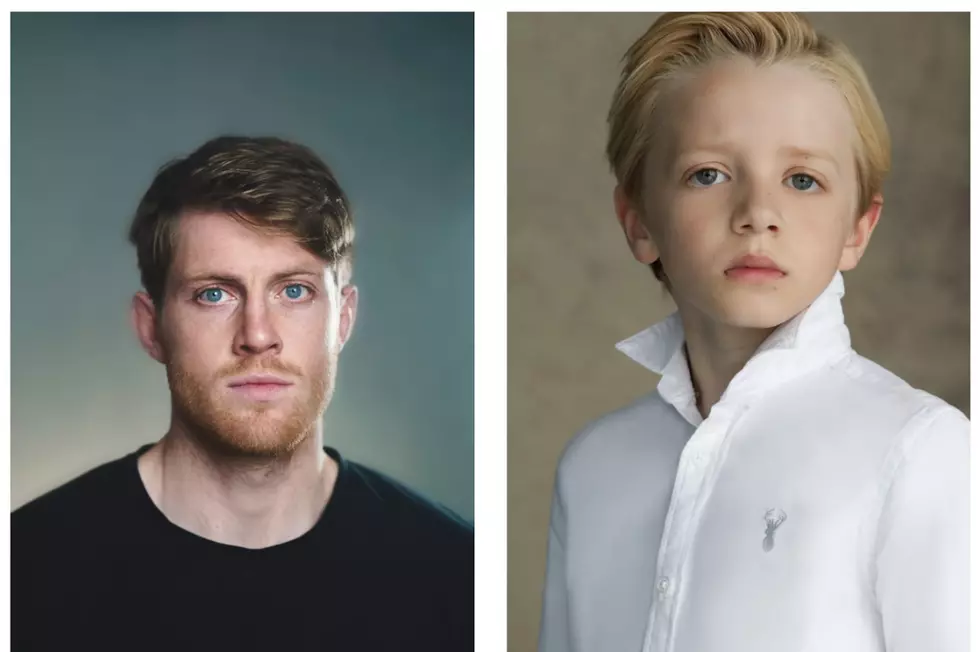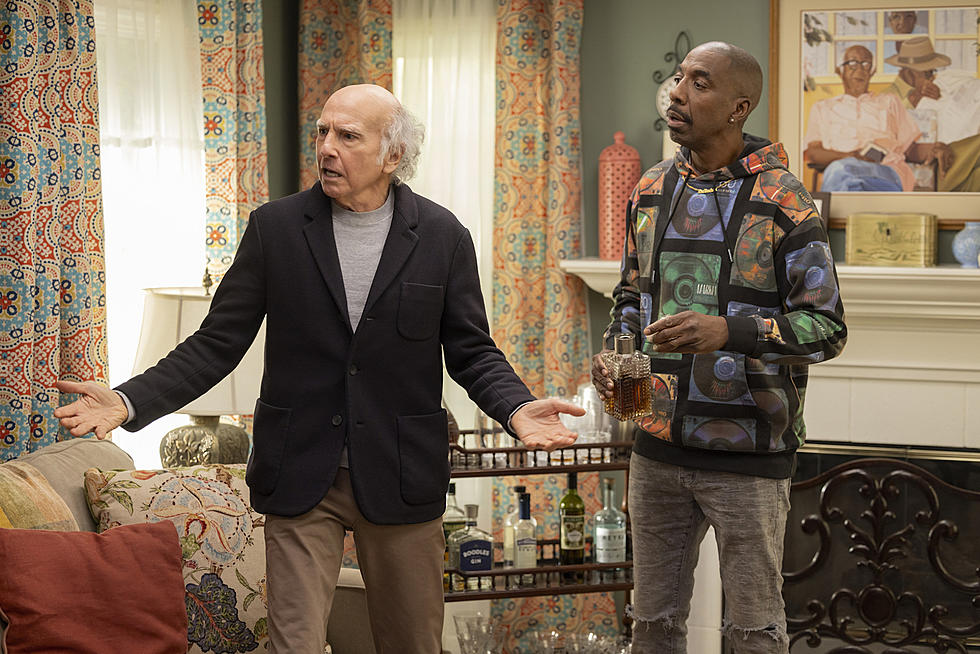
‘True Detective’ Digs a Bit Deeper in ‘Maybe Tomorrow’
Here’s the thing: comparisons between Season 1 and Season 2 of True Detective are inevitable. The first season of Nic Pizzolatto’s HBO detective drama was a near-perfect character piece in which the cultish serial killer mystery was an added bonus. And although this is an anthology series, so far we only have that one season to go on. Comparing the technical aspects and general quality of Season 2 to Season 1 is fair, but there’s been a lot of complaining that the second season is downright bad (it’s not). The problem is that everyone loved that first season so much that they just instinctively want more of the same.
Season 2 isn’t more of the same, and it shouldn’t be. As the tagline for this season suggests, we get the world we deserve. It may not be the one we thought we wanted, filled with more dark cult wackiness (although David Morse’s hair suggests something along those lines), but it’s the one Pizzolatto has given us. I think once we get into Season 3, this backlash will die down some as audiences relax a bit and accept this show for what it really is. Season 1 was a contained story with its own ambitions, and just because Season 2 carries the same True Detective branding doesn’t mean that it has to share the same goals and pursue the same ends as Season 1. Maybe if True Detective were more like American Horror Story, where each season comes with its own subtitle, people would be more receptive to the changes.
That said, now that we’ve arrived at episode 3, there’s less exposition and more character work at play. I still find this season to be a little too verbose, and if it has any one, specific issue it’s the volume of characters and stories. But Pizzolatto is clearly working all these threads to tie them together into something cohesive and possibly great near the end of the season, and watching him do so — whether it’s graceful or a bit clumsy — has its rewards.
Watching Ani Bezzerides interact with both Velcoro and Woodrugh is almost as fascinating as watching the leads in Season 1, and that Bezzerides’ primary interactions with both of these men take place while driving around sort of invites that comparison. It’s become almost comforting.
“Maybe Tomorrow” pushes Frank Semyon further down the criminal rabbit hole from whence he previously emerged to seek a more legitimate empire, but he cannot command the same respect from city officials and the general public with cash as he can with his fists when it comes to thugs. Vince Vaughn is doing such excellent work here that it almost entirely erases the bad taste his comedic career has left in my mouth over the last decade or so. (To be fair, I have never been a fan of Swingers or the way he lays that charisma on too thickly, so your mileage may vary.)
Semyon encounters a problem this week that Woodrugh knows all too well, as he finds himself unable to “perform” in the doctor’s office in order to give them a sperm sample. He has enough on his plate and enough blame to shoulder now that his money has expired with the expiration of one Mr. Casper, which is why it’s easier for him to lay the blame at the feet of his wife, Jordan. He furiously insists that there is nothing wrong with his biology, hurtfully implying that Jordan’s reproductive system is at fault — something she already feels deeply. I love the angry energy Kelly Reilly takes, processes and throws back in Vaughn’s face during this scene, which feels undermined by his return home, when she seductively tries to appeal to Semyon in a way that feels like supplication and domestic subservience.
After her outrage in the doctor’s office, I want to believe that there’s more to Jordan than serving her husband humbly in exchange for a baby.
This week also reinforces the not-so-subtle state investigation into the conduct of Velcoro, and after he tipped Bezzerides off about the dirty business in Vinci last week, I get the sense that he may flip and assist the feds. This appears to be supported by his ongoing dismissal of Semyon.
“Maybe Tomorrow” opens with a Lynchian dream sequence in which a man dressed as Elvis serenades on a blue stage, while Velcoro sits with his retired policeman father (a perfectly cast Fred Ward) and the two conduct an eerie, dreamlike conversation. The blue of the stage, the solo performer and the classic tune all evoke Blue Velvet, while Bezzerides and Woodrugh’s visit to the mayor’s house with his wacky, soap operatic family evoke the soapier aspects of Lynch’s efforts. Those references help to give us a better idea of where Pizzolatto’s head is at this season. It’s more than a wink — it’s a nod to self-awareness, telling us that it’s okay to think that some of this is ridiculous or a little too surreal, in case you didn’t get that feeling last week when Velcoro was shot by a guy in a bird mask.
As for Woodrugh, this week adds further shading to his character and his past — when he meets up with an old military buddy who hounds him for refusing to acknowledge and embrace his past, those suggestions grow more overt as we realize that the whole Black Mountain thing might have been a bit Brokeback Mountain. And suddenly Woodrugh’s impotency makes a little more sense. Not only is Woodrugh resisting the trauma of his past, but he’s rejecting himself entirely. Taylor Kitsch’s naturally broody face conveys that inner struggle beautifully, and pairing him with a couple of gay prostitutes to prowl Semyon’s old club offers a striking juxtaposition: on one end we have what he should want, drenched in salacious neon, while on the other is the life he rejects and views as beneath him — the male prostitutes make that metaphor quite easy to read.
While Velcoro is close to having his entire work and personal life upended, he and Bezzerides also come closer than ever to catching their perp, as someone in a mask sets fire to a car around the corner from where they’re questioning a possible suspect — the same car that was stolen from the lot of the film Casper was funding, and which they’ve connected to his murder. Bezzerides and Velcoro give pursuit, but Velcoro’s wounds have him dragging and Bezzerides almost gets herself hit by a semi in her determination. Another metaphor that’s quite easy to read.
Additional Thoughts:
- That’s the second joke about Bezzerides’ e-cig in as many weeks. At least Woodrugh is a little more direct about it. “Is that a f—king e-cig?”
- Speaking of which, I’d like more scenes between Bezzerides and Woodrugh.
- There’s still very little W. Earl Brown to go around, but I’ve a feeling that means his hands are pretty dirty and we’ll learn a bit more about that soon.
- No David Morse and his crazy temple of worshipers this week, but I really, really want that to play a part in the larger conspiracy.
- The combo of Semyon ripping that dude’s grill out with the pliers and Woodrugh standing in the neon lighting of the club gives off a very Nicolas Winding Refn vibe.
- I’d watch a reality series about the mayor’s family.
More From ScreenCrush









